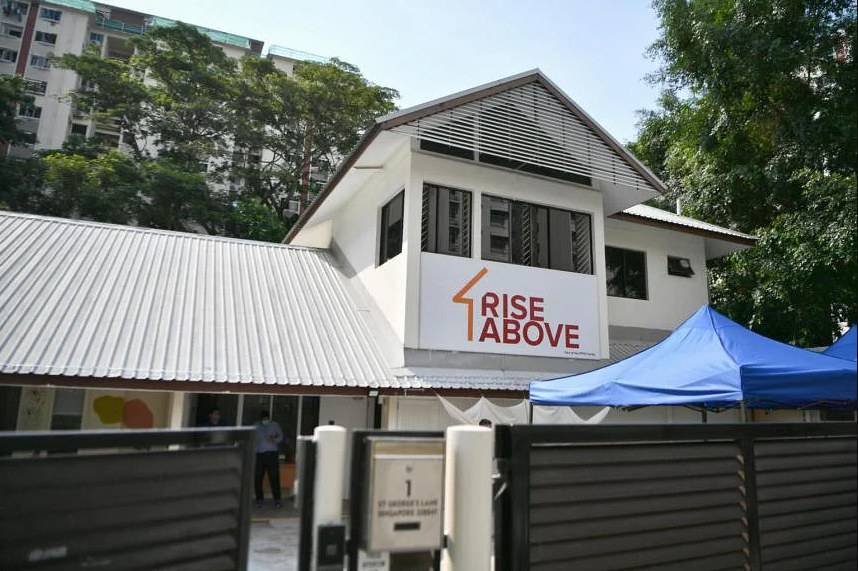Home > News & Media > All-women halfway house to help offenders reintegrate into society
All-women halfway house to help offenders reintegrate into society

This article was originally published by The Straits Times on 6 September, 2022.
SINGAPORE – A new residential halfway house, which will open by end-September, will enable more women offenders to get help before they rejoin society.
The Rise Above Halfway House in Boon Keng, to be run by the Singapore Muslim Women’s Association (PPIS), will have a first batch of nine residents and can take in 30 women a year.
It will be Singapore’s second all-women halfway house as well as the first secular one here under the Singapore Prison Service (SPS) Halfway House Service model.
With the latest facility, there will be nine halfway houses under this system. Women inmates deemed suitable by the SPS will be emplaced into a halfway house near the end of their sentence.
Minister of State for Home Affairs Muhammad Faishal Ibrahim said having a secular halfway house enables all women offenders regardless of race, language or religion to receive help.
He had announced the setting up of the new halfway house in October 2020.
The residents of the halfway house will undergo programmes such as journalling and reflection circles to help them reintegrate into the community and their families.
This is to teach women offenders the core values of leading a socially responsible life, and also builds on what they have learnt in prison to transition back to society, said Associate Professor Faishal during a visit to the newly opened premises of the halfway house on Tuesday.
He said women offenders tend to have unique challenges such as re-establishing their multiple roles as daughters, wives, mothers and caregivers. The programmes at Rise Above are designed to be family-centric and cater to their needs, he added.
Ms Saleha Rashidi, manager of the centre, said that in the first one to three months, residents settle into the facility and sort out administrative matters, after which they will work.
The facility caters to the needs of women offenders, with a family room and family counselling, for instance, to strengthen their resolve to reintegrate into society and not reoffend, she said.
“What we’ve learnt is women offenders go through a lot of feelings, a lot of guilt, shame, regret, and sometimes they internalise these negative things and go into self-blame mode,” she said, adding that the facility helps them to cope with these emotions.
The all-women team of eight behind the facility – which includes two members seconded from SPS – come from backgrounds such as social work, casework management and counselling, and are trained to engage residents to find ways to repair harm and restore their relationships, she said.

